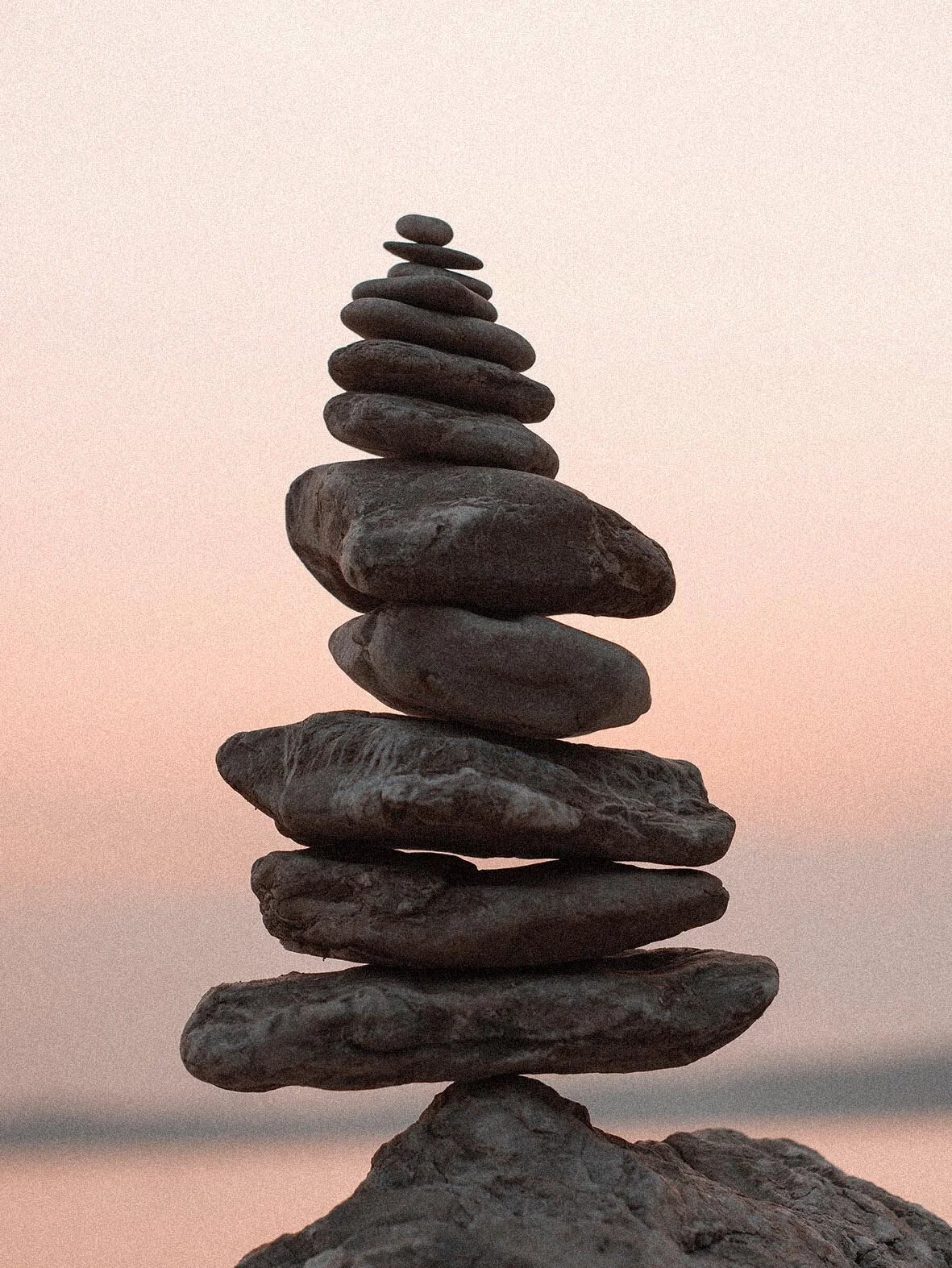Intersectionality
Intersectionality is a concept describing how different dimensions of inequality—such as race, gender, ethnicity, sexual orientation, gender identity, disability, class, education and religion— interact together and combine to create an individual’s overall experience of oppression.
Someone who belongs to multiple spheres of unequal treatment in society (i.e., deviating from the white, straight, able-bodied, Christian, male “standard” for personhood) for example, will systemically face worse discrimination/enjoy less opportunity for upward mobility than someone with fewer of these identity traits. This means that a gay white man is better advantaged by the system than, say, a black, queer, paraplegic woman from a low-income household.
It has gained importance as a useful linguistic tool to expose how various forms of inequality are mutually reinforcing, instead of there simply being one common “second-class” status for all marginalised communities. The theory of intersectionality shows how inequality can in fact be somewhat quantified, which is vital to understand if we are to achieve justice, as equity can only come from first recognising these intersecting limitations to democracy.
Links With Environmental Injustice
The reason that this factors heavily into climate justice, is that:
a) environmental racism (diverting the worst effects of industry to disenfranchised groups) is a significant factor in land degradation,
and
b) all forms of injustice are interconnected and require redressal: human rights and Earth rights require the same holistic approach.
The injustices faced by oppressed peoples mirror those inflicted on the Earth, as both demonstrate a lack of love and respect for living things.
Intersectional environmentalism is an inclusive form of climate advocacy that champions the protection of both people and planet as one, while recognising the varying natures of different social and ecosystems. It is based on reciprocity: that we belong to the land, we don’t own it.





